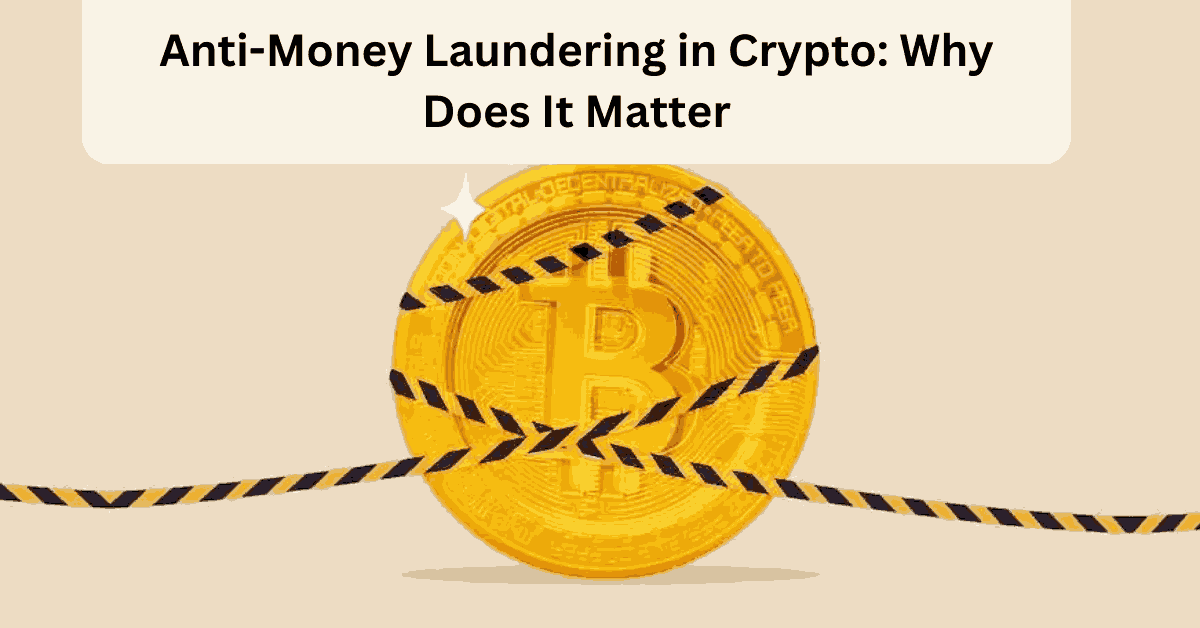Cryptocurrencies are becoming popular investments for many companies and regular people. But, there are problems to fix. Some crypto companies don’t have good procedures to stop money laundering, making them open to misuse by people and financial criminals who use digital currencies like Bitcoin or USDT for illegal activities.
Implementing effective AML USDT checks on crypto exchanges can play a crucial role in curbing these illegal actions and ensuring the security of financial transactions. What is AML and why is it crucial for crypto exchanges? Let’s discuss it today.
How Crypto Helps Financial Criminals
The rise and broad acceptance of cryptocurrencies have positioned them as a popular asset class in the world’s financial markets. Yet, their popularity has also drawn the interest of criminals, resulting in a surge in financial crimes.
Regulatory shortcomings in anti-money laundering (AML for crypto) rules have created opportunities for criminals to misuse cryptocurrencies for activities like money laundering, financing terrorism, bribery, and fraud.
In response to these challenges, global regulators are adopting more stringent regulations to counter financial crimes and uphold the integrity of organizations operating in the crypto industry.
Cryptocurrency AML Compliance for Crypto Exchanges
The Financial Action Task Force (FATF) plays a crucial role in shaping AML regulations for the crypto industry, fostering a safer environment.
This not only influences perceptions but also highlights the industry’s commitment to responsible practices. As governments worldwide establish regulatory frameworks for cryptocurrencies, companies in the crypto sector must stay informed and adapt to evolving AML compliance standards.
Here is what cryptocurrency AML procedures for crypto exchanges include:
● User identification – exchange users undergo identity verification procedures during the account creation. They submit IDs, proof of address, and other required documents.
● KYC (know-your-customer) – exchanges collect and verify information about their clients to understand their identity, financial activities, and risk profile.
● Monitoring transactions on the exchange helps detect any unusual activity or large transactions that may indicate potential money laundering.
● Risk assessment – exchanges evaluate factors such as transaction volume, frequency, and the source or destination of funds to assign risk levels to accounts.
● Reporting – if any suspicious activity is detected, crypto exchanges are to report it to the relevant authorities. Further, law enforcement agencies investigate and take appropriate actions.
● AML crypto policies include customer due diligence, transaction monitoring, and reporting mechanisms to ensure compliance with regulatory requirements.
Being proactive is crucial for businesses to manage compliance with new AML cryptocurrency standards. This involves adapting to evolving regulations, modifying existing procedures, and establishing new programs as needed. Companies must have a clear understanding of nuances and considerations that touch upon their operations.


